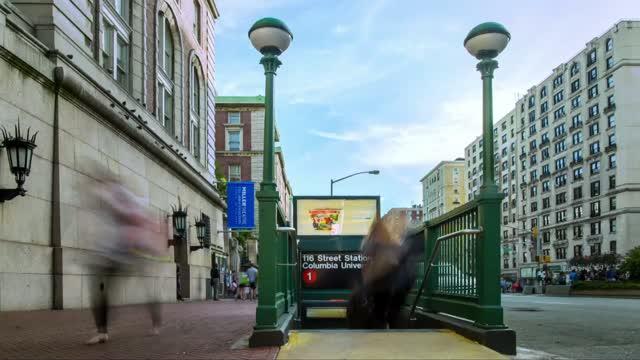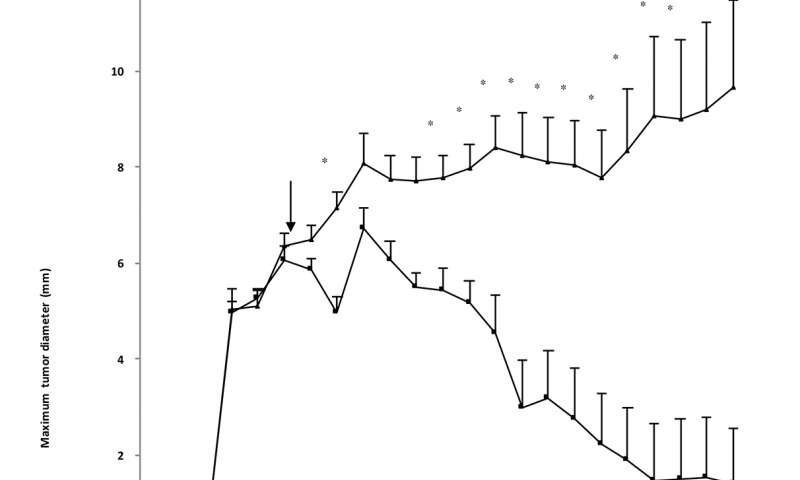
The Fraunhofer Institute is working on a seabed-based pumped-storage structure. In an underwater “energy park,” spheres could be connected near an offshore wind farm to create a system that would be able to add extra reliability to a renewable-heavy grid.

People who suffer from depression should participate in yoga and deep (coherent) breathing classes at least twice weekly plus practice at home to receive a significant reduction in their symptoms.

The International Energy Agency expects urban growth demands to double road and rail travel by 2050, causing significant strain on public transport infrastructure.
One particular goal of JWST involves observing some of the most distant events and objects in the Universe. Another goal is understanding the formation of stars and planets. This will include direct imaging of exoplanets.

A massive tree planting effort has provided jobs to 500,000 impoverished people, and will plant 1 billion saplings by the end of 2018.

At the beginning of the decade, Cape Verde authorities set a goal of getting 25% of its power from renewables by 2011 and 50% by 2020. To accomplish that goal, it established Project Cabeólica.

By the end of 2017, company should have solar arrays covering millions of square footage.

Pain is just the visible part of the iceberg of suffering. A network of compassionate volunteers caring for their terminally ill neighbours is helping more people in Kerala, India, to end their days at peace and at home.

The researchers estimate that 1,200 people in Europe will die early, each losing as much as a decade of their life, as a result of excess emissions generated between 2008 and 2015 by affected cars sold in Germany.

A pair of researchers at Columbia University and the New York Genome Center show that an algorithm designed for streaming video on a cellphone can unlock DNA's nearly full storage potential by squeezing more information into its four base nucleotides.

Supersolid is crystalline and superfluid at the same time.

Nanoengineers have 3-D printed a lifelike, functional blood vessel network that could pave the way toward artificial organs and regenerative therapies.

A chemical found in tumors may help stop tumor growth, according to a new study.

A UK, Canadian and Italian study has provided what researchers believe is the first observational evidence that our universe could be a vast and complex hologram.

Greene, a leader in the field of super string theory has been researching his theory for decades. He is one of a small cadre of physicists at the forefront of discovering one unifying theory, a dream Albert Einstein worked on for the last 30 years of his life.